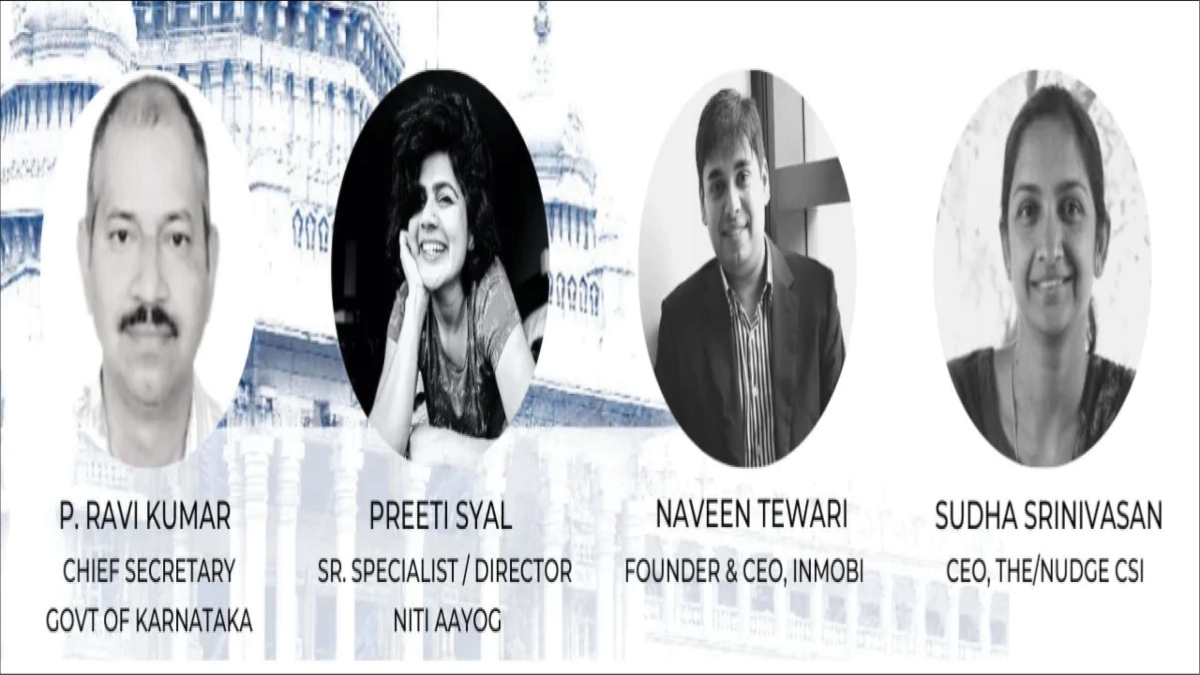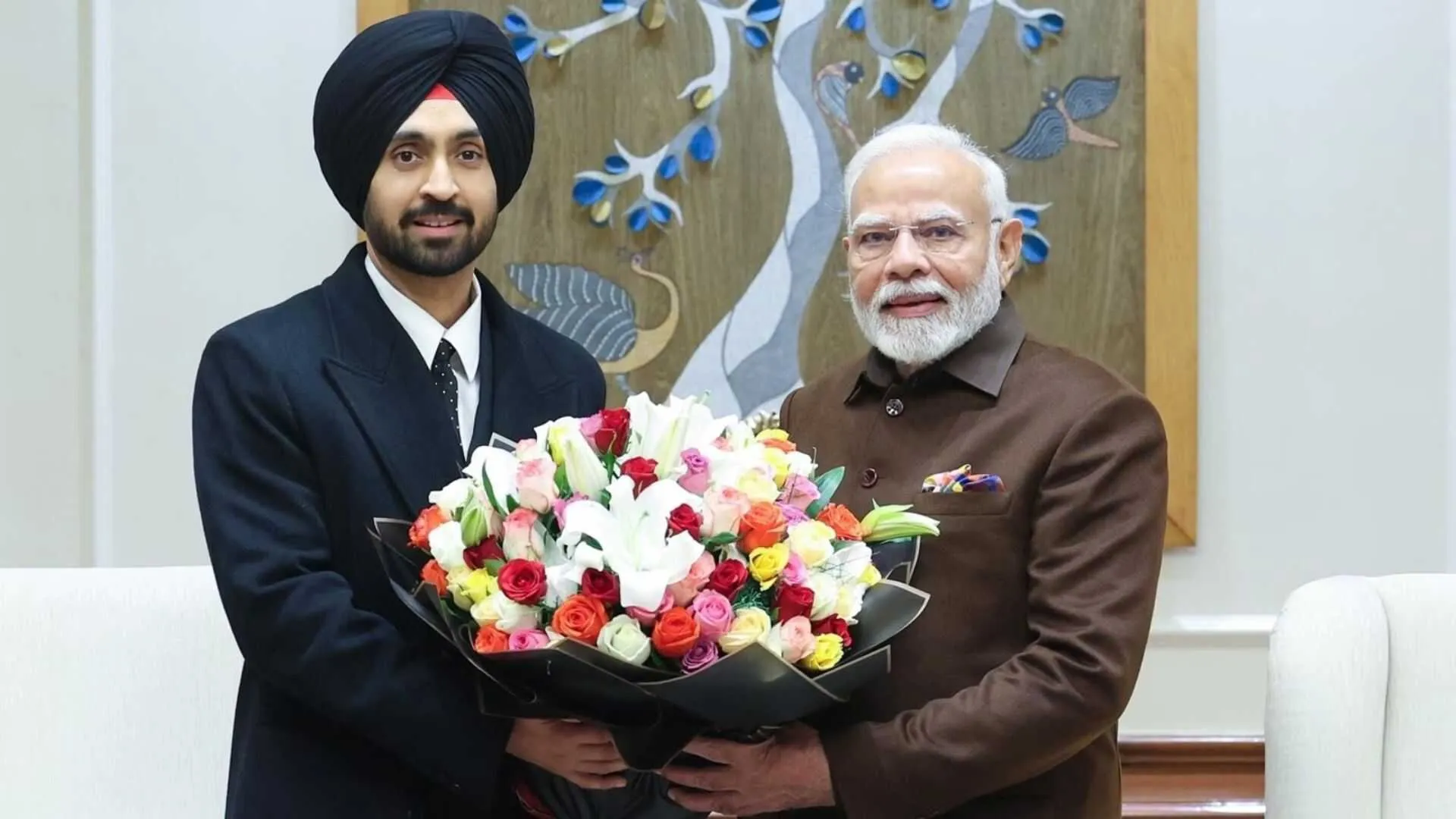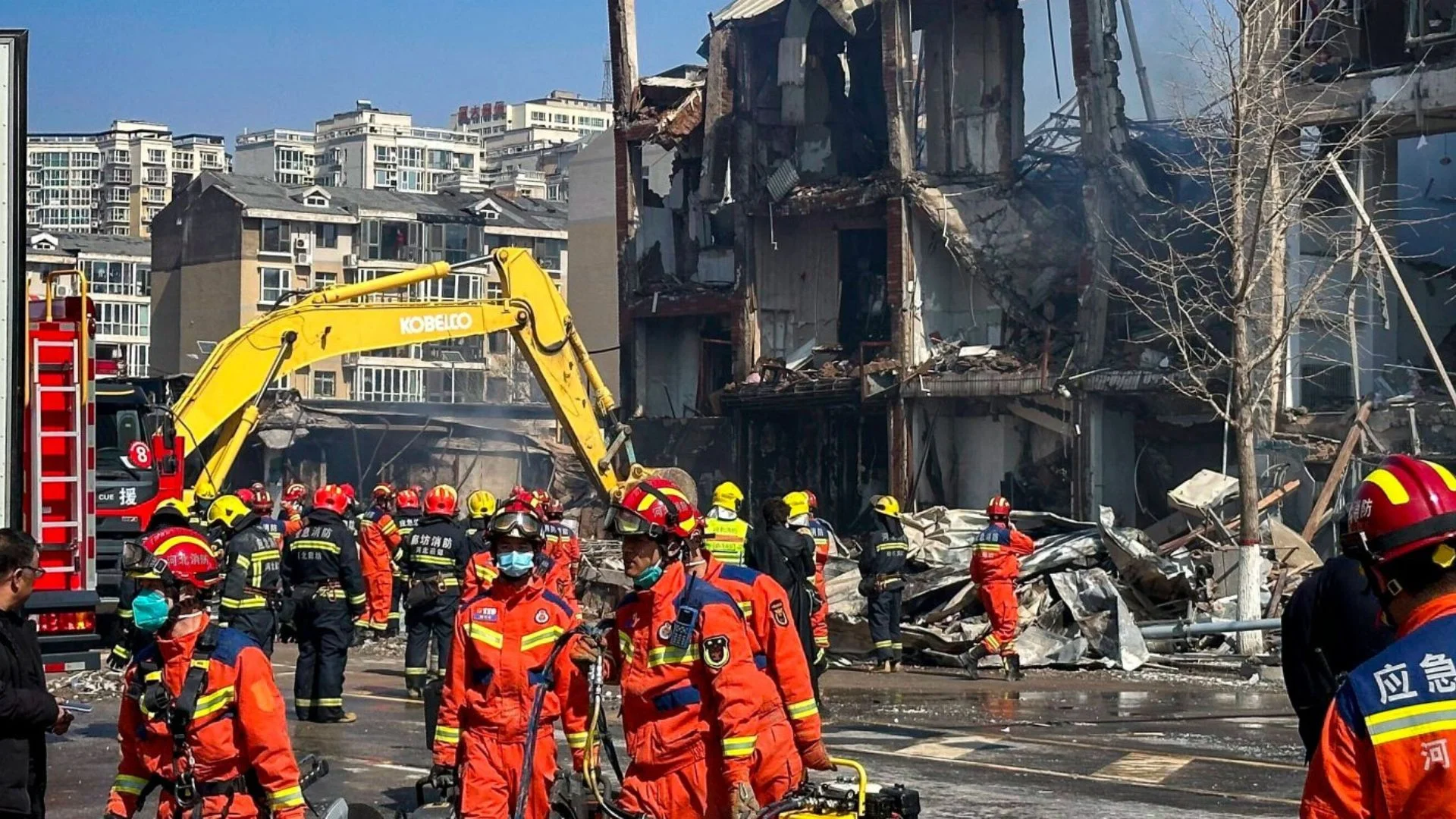The/Nudge Centre for Social Innovation presented a thought-provoking talk on ‘Nurturing Leaders For Nation-Building’ with an aim to bridge the gap between the professionals and the Indian bureaucracy and how can we drive large scale systems changes for the country’s transformation.
The discussion titled ‘Nurturing Leaders For Nation-Building’ was around Indian Administrative Fellowship and ideas for leadership in nation-building, NewsX was joined by an expert panel: P. Ravi Kumar, Chief Secretary, Govt of Karnataka; Naveen Tewari, CEO & Founder InMobi; Sudha Srinivasan, CEO of The /Nudge; and Preeti Syal. Sr Specialist / Director Niti Aayog.
Karnataka has achieved the sixth ranking in the UN sustainable development, However, it scores low in poverty alleviation, zero hunger, gender equality, and sustainable cities and communities. In his introductory remarks addressing this, Kumar said, “When it comes to sustainable development goal, Karnataka has prepared an action plan to achieve all these SDGs before 2030. Now, this strategy which we have emphasised, not only government can do it, but it also has to have partnerships with civil society, NGOs, and the industry, who can partner directly as well as through their CSR contributions. Sustainable cities are just not about living there but they should also sustain themselves like waste management and water supplies.” He further touched upon a concerning topic which bureaucracy has to deal with. Kumar said, “Doctors would not go to the remote place, not only remote even in nearby headquarters when we have all the facilities in the hospital place. The government has spent enormous amounts to build infrastructure. We don’t get specialists. This is something we have spent enough time trying to tackle where recruiting doctors, they will not join, by trying to coax them or take action, they will just quit.”
Talking about the recent initiative taken by The /Nudge CSI, where a fellowship will be given to a senior private sector professional to work with senior bureaucrats, and how they are working to bring the top talent to solve India’s biggest development issues and challenges, Srinivasan said, “After working with over 80 organisations over the last three and a half years, we realise that startups are great at innovation.” She further described that there is a deep chasm between the innovations of the startups and the state itself.
Tewari expressed his views on Bengaluru being the hub of technological advancements and innovation and how it can shape the cooperation between working professionals and the Government. He said, “The private and government entities have to come together a lot more. And it probably has to start with Karnataka, to begin with, there are three or four big problems that we are solving for it. So technology is going to disrupt a certain amount of employment but it is also going to create new employment.”
Sharing her idea about the gap which needs to be bridged between the professionals and the Indian bureaucracy, Sayal said,“ In India, the diverse nature of the solution that you’re supposed to build to serve these people in itself is immense. So every day, I get in at work, and it’s so exciting because you know, as a technology person, the back end is always thinking, ‘I want to build a solution’, but then you have to take a step back and think how will this solution be scaled and who is going to use it?”
In their concluding remarks, all the speakers touched upon the problems and the solutions which should be addressed in this field. Syal said, “The first step which we need to build is a system by acknowledging the mistakes. There is nothing wrong in saying that we as a system need help.” Adding to it, Tewari said, “The collaboration we are talking about is probably the only way the technology-led development can be injected into our system. It should not be a question of whether it should happen or not, we cannot let go of this great opportunity unnoticed.” Srinivasan said, “We should focus on the sustainable goals of decades which are ahead of us. Millennium goals will come and go. ” Meanwhile Kumar said, “There’s much less knowledge in the private sector about how the government works, how to get a policy clear through, because of many different aspirations and challenges that we have in a democracy so balancing out each and everything is a difficult task.”





















